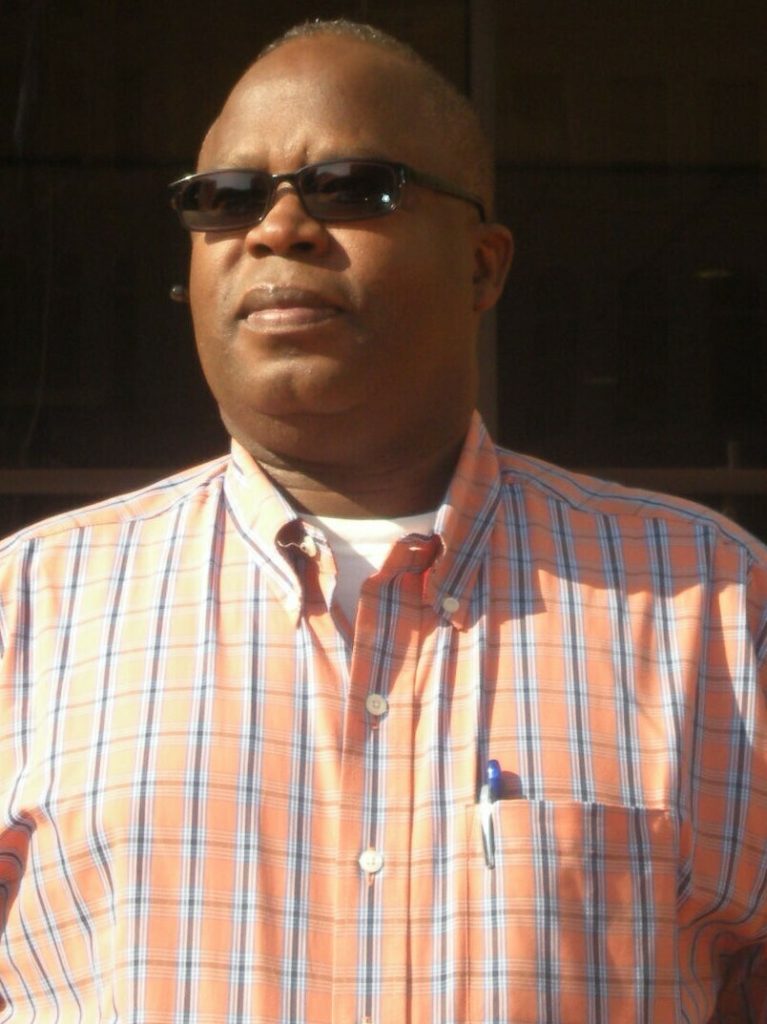In a recent speech at the “Tax Appreciation Awards and Dinner Night” in Monrovia, Commissioner General James Dorbor Jallah’s comments have ignited a critical discussion on the state of governance in Liberia, highlighting issues of corruption and resource mismanagement. His analogy, where he likens government leaders to “cooks in the kitchen” eating “dry rice” while others feast on “fat, fat chicken thighs,” starkly illustrates the disconnect between the ruling elite and the suffering masses. This metaphor not only reflects the grim realities faced by ordinary Liberians but also represents a troubling complacency among government officials, who seem to acknowledge systemic failures yet evade accountability. As the citizens grapple with severe economic struggles, these remarks beckon an urgent inquiry into who truly benefits from the nation’s resources and calls for a demand for accountability from their leaders.
The stark contrast Jallah paints between the elite and the general populace is alarming, showcasing compounded economic inequalities within Liberia. While he suggests hope for a brighter future, many Liberians cannot afford basic necessities, with a significant number living on less than $1.50 a day. This disparity raises essential questions about the responsibility of the government in addressing poverty while managing the nation’s resources effectively. The statement further reveals the complacency in addressing the rampant corruption that stifles economic growth and perpetuates systemic disparities. Instead of demanding firm action against corrupt practices, the metaphor suggests a passive acceptance of the status quo while deflecting attention from necessary discussions on governance, transparency, and accountability.
There is also a historical context that amplifies the urgency of Jallah’s comments. Liberia has yet to recover fully from the devastating impacts of civil wars, and despite international aid, the country still grapples with looting and mismanagement across various government sectors. Jallah’s portrayal of a government facing tough times seems insufficient given the accumulated grievances of a populace historically marginalized by those in power. The expectations for significant change and resource redistribution are further diminished by the government’s inadequate track record in combatting corruption, which continues to bleed the nation of its potential. The metaphor of “dry rice” against the backdrop of “fat, fat chicken thighs” underscores a troubling reality where government officials enjoy the fruits of the nation unchallenged while the majority faces steep struggles for survival.
Liberians are called upon to demand clarity and actionable plans from their leaders instead of settling for empty reassurances about future improvements. Executive leadership should involve ethical stewardship, strategic planning, and representation of the people’s best interests. The government must prioritize transparency regarding resource allocation to ensure that economic benefits extend beyond a privileged few. There is a pressing need for concrete policies and frameworks that address systemic issues affecting education, healthcare, and infrastructure. The call for transparency and accountability is non-negotiable; without these, the government risks perpetuating cycles of poverty and disillusionment among its people.
The passivity suggested by Jallah’s remarks threatens to create a dangerous precedent where the populace waits indefinitely for improvements while hardships persist. This attitude neglects the urgency for meaningful action and accountability within the government. The harsh reality is that many Liberians can no longer afford the luxury of time—it is vital for the government to become an active participant in alleviating their challenges rather than a mere bystander. It is essential that leaders take this opportunity to engage citizens in discourse about transparency, uphold ethical governance, and actively work to mitigate corruption. Representative governance is vital in restoring a sense of dignity and providing citizens hope for a better future.
In conclusion, Commissioner General James Dorbor Jallah’s comments serve as a critical lens on the dysfunctions within the Liberian government. Rather than merely acknowledging the suffering experienced by the populace, government leaders must take decisive steps to address these systemic issues. The urgency for actionable change cannot be overstated; Liberians need to hold their leaders accountable and demand a complete re-evaluation of priorities that focus on equity and justice. Only through collective action can the populace challenge complacency and reclaim their rightful place in shaping a prosperous future for all citizens. This conscious engagement is not just about governance but about ensuring that Liberia moves towards an era where equitable distribution of resources paves the way for comprehensive development and economic resilience.














